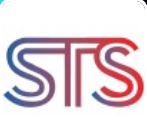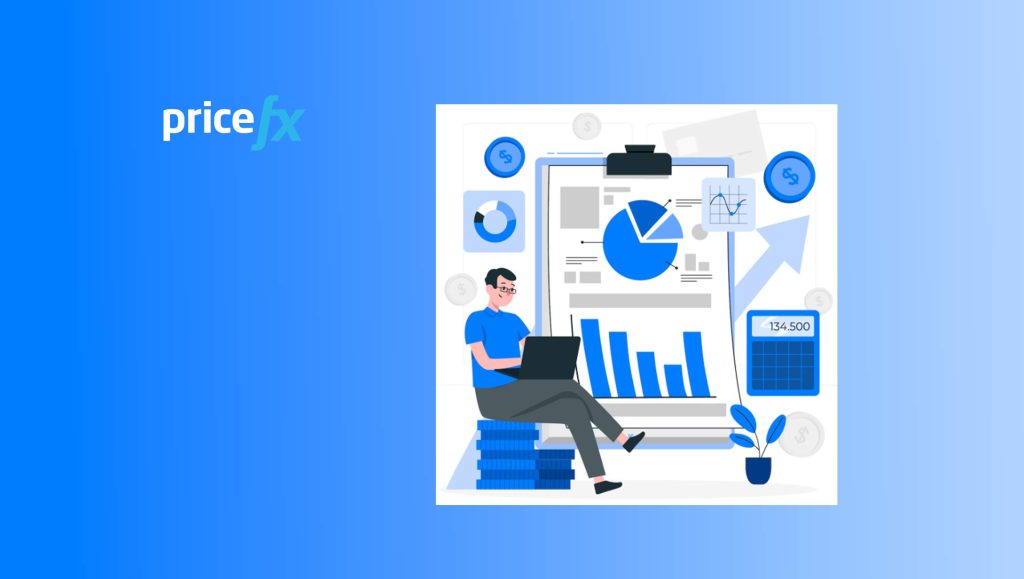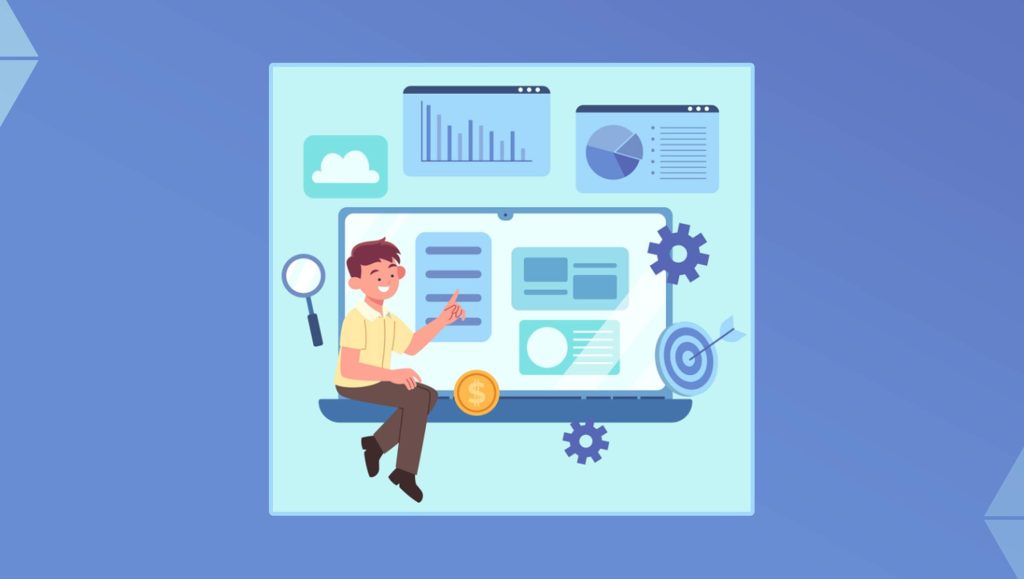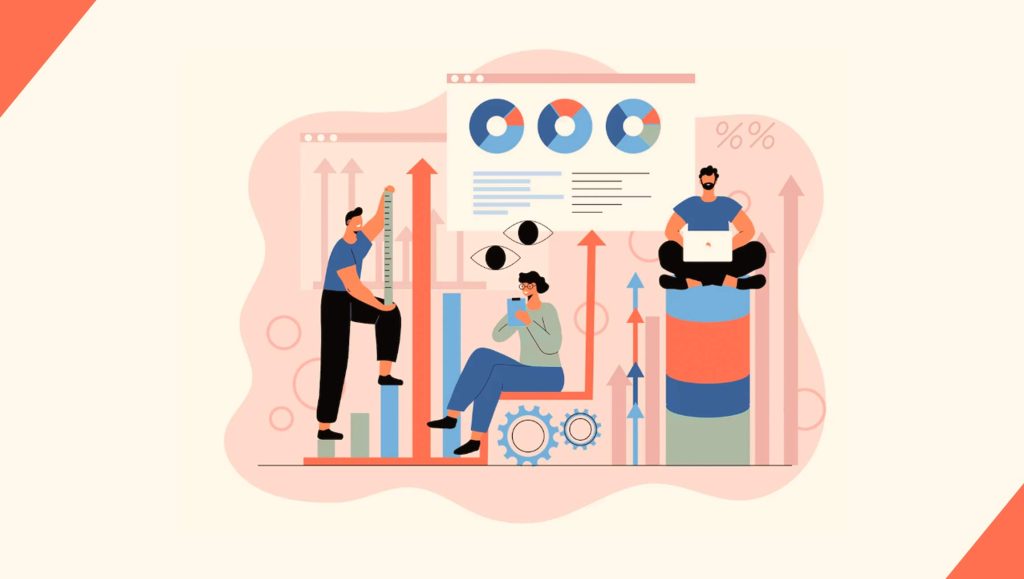The sales ecosystem is undergoing a substantial transformation, propelled by the rapid evolution of SalesTech. By utilizing cutting-edge technologies like Artificial Intelligence (AI), automation, and data analytics, SalesTech is revolutionizing the exchanges between purchasers and vendors.
This shift extends past mere efficiency and emphasizes cultivating deeper, more personalized relationships that align with modern buyer expectations. This article explores the ways in which SalesTech is changing the dynamics of buyer-seller interactions in 2025 and beyond.
The Role of AI in Streamlining Sales
AI has emerged as a fundamental element in SalesTech, allowing for highly personalized engagements that connect with separate consumers. Through the examination of large datasets, AI tools are able to anticipate customer preferences and customize suggestions accordingly.
-
Improved Lead Scoring:
AI-based solutions assess buyer actions and rank leads according to their chances of converting, conserving time and increasing productivity.
-
Personalized Dynamic Content:
Sales teams are able to provide customized messaging and product recommendations that match individual buyer requirements.
-
Immediate Adaptation:
AI systems modify strategies instantly according to fresh customer information, maintaining relevance during the entire sales process.
This level of personalization helps enhance customer satisfaction and drives higher conversion rates.
How Digital Platforms Are Dominating Sales Interactions?
The shift to digital-first sales is accelerating. Gartner predicts that by 2025, 80% of B2B sales interactions will occur through digital channels. This trend indicates evolving consumer desires for smooth, self-guided interactions.
-
Virtual Selling Tools:
Tools such as video calls and interactive presentations have become crucial for connecting with distant customers.
-
Conversational AI:
Chatbots and voice assistants offer immediate replies, improving customer interaction and lowering response times.
-
Digital Sales Rooms:
These focused centers enable buyers to independently access tailored content and resources, streamlining the decision-making process.
As buyers increasingly research solutions online, sellers must master digital tools to remain competitive.
Read More: SalesTechStar Interview with Hayden Stafford, President & Chief Revenue Officer at Seismic
Leveraging Analytics for Smarter Sales Strategies
Data analytics has emerged as a game-changer in a typical sales strategy. By harnessing big data, SalesTech tools provide actionable insights that guide decision-making at every stage of the sales process.
-
Predictive Analytics:
Tools forecast buyer behavior and market trends, enabling proactive strategies.
-
Pipeline Management:
Advanced analytics offer real-time visibility into sales pipelines, helping teams prioritize high-value opportunities.
-
Performance Metrics:
Reps can track conversion rates and revenue generation in real time, allowing for immediate adjustments to strategies.
This data-centric approach empowers sales teams to make informed decisions, improving both efficiency and outcomes.
Simplifying Sales Processes with Automation
Automation is streamlining routine sales tasks, freeing up time for high-value activities. Low-code and no-code platforms further democratize technology by enabling non-technical users to create custom workflows.
-
Task Automation:
Repetitive tasks like follow-ups and data entry are now handled by AI-powered systems.
-
Custom Workflows:
Low-code platforms allow teams to design tailored solutions without IT intervention, enhancing agility.
-
Cost Efficiency:
Automation reduces errors and operational costs while increasing overall productivity.
These advancements ensure that sales teams can focus on building relationships rather than managing administrative tasks.
Supporting Remote Teams with SalesTech
The rise of hybrid work models has reshaped how sales teams operate. SalesTech tools are stepping up to support collaboration and productivity in this new environment.
-
Cloud-Based Solutions:
Tools like CRM platforms enable seamless access to customer data from any location.
-
Asynchronous Communication:
Features like shared dashboards and collaborative platforms ensure team alignment despite differing schedules.
-
Virtual Training Programs:
AI-driven training modules help remote teams stay updated on best practices and product knowledge.
By embracing these tools, organizations can maintain efficiency while offering employees greater flexibility.
Addressing the Complexity of Expanding Tech Stacks
While SalesTech offers immense potential, its rapid proliferation has led to challenges like tool fatigue. Nearly 49% of sellers report feeling overwhelmed by their tech stacks, which can hinder productivity.
Solutions:
1. Tech Stack Consolidation: Merging functionalities into fewer platforms reduces complexity and hidden costs.
2. User Training: Comprehensive onboarding ensures teams maximize the value of their tools.
3. Strategic Evaluation: Regularly assessing the relevance of existing tools helps eliminate redundancies.
What is Next for SalesTech?
Looking toward the future, several trends are set to further transform buyer-seller dynamics:
-
Integration Across Functions:
Seamless collaboration between sales, marketing, and customer service will create unified buyer experiences.
-
Ethical AI Use:
Transparency in AI-driven decisions will become a priority as customers demand greater accountability.
-
Sustainability Focus:
Eco-friendly practices will influence both buyer expectations and sales strategies.
Organizations that stay ahead of these trends will be well-positioned to thrive in an increasingly competitive landscape.
Conclusion
SalesTech is transforming buyer-seller interactions and redefining the core nature of sales. From AI-enhanced personalization to data-guided strategies and blended work adaptations, these advancements are establishing new standards for efficiency and engagement. Nevertheless, achievement is not solely about using these tools but about incorporating them carefully into wider business strategies. Going forward, adopting these technologies will be essential for companies looking to satisfy changing customer demands while promoting sustainable growth.
Read More: The Spotify of Sales Coaching: AI Powered SalesTech That Curate Personalized Learning Tracks



























